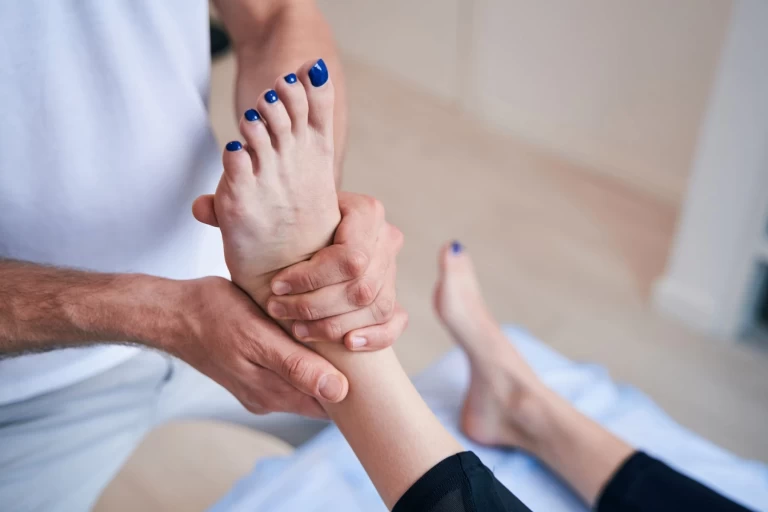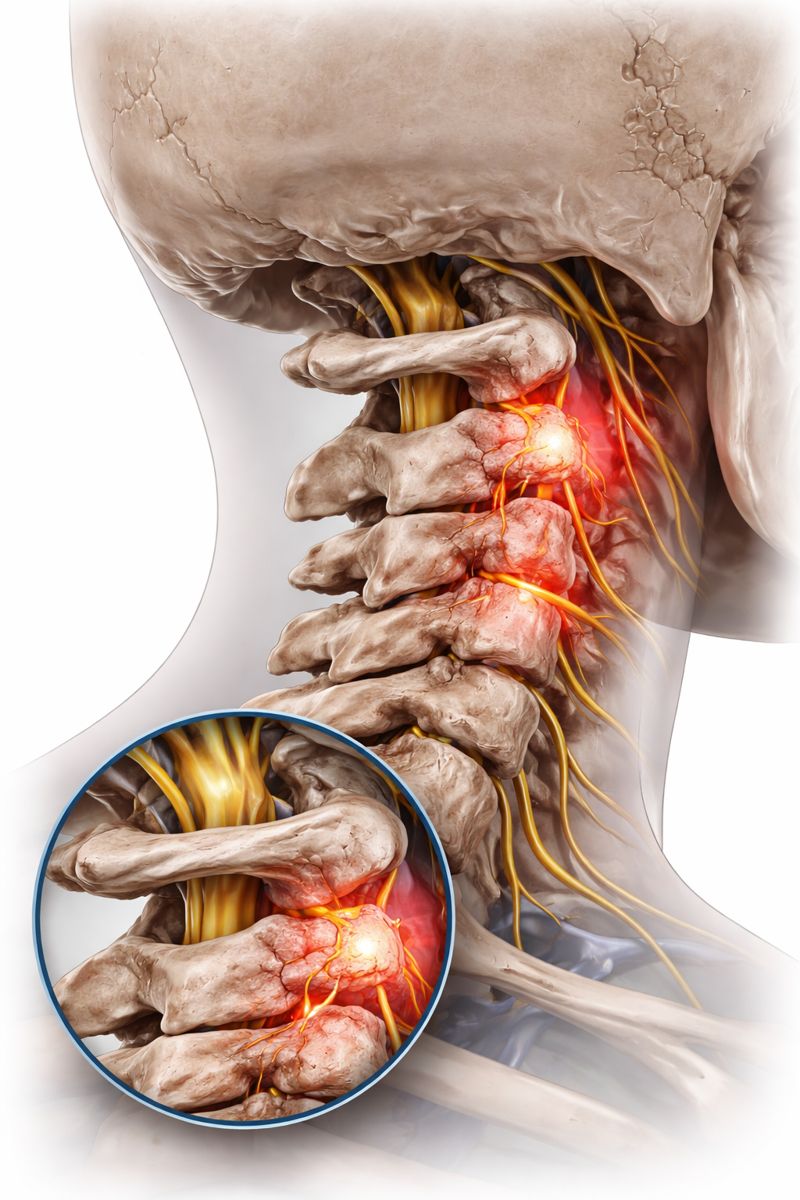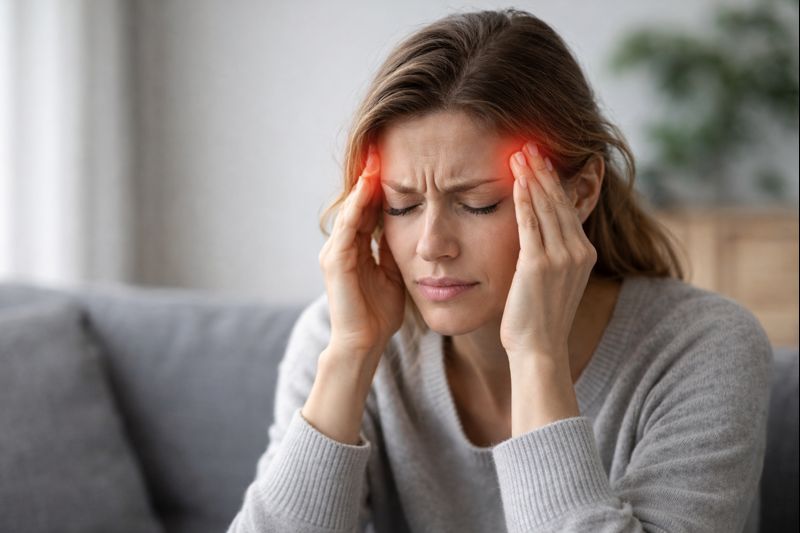
Many people complain of tingling and numbness in their hands and feet, but not all of them realize that this is not just an inconvenience. The sensation of pins and needles or that your hand or leg has “gone to sleep” represents warnings that something is not right within your body. In this article, we will discuss the main causes of this condition, and how to diagnose it properly and treat it.
What Causes Tingling and Numbness in Hands and Feet?
By downloading the Digital Patient Chart mobile app you can better control your patient portal.
The core issue that leads to these symptoms is nerve interference. Nerves can get pinched or compressed by one of the following conditions:
• Bulging discs in the spine
• Spinal stenosis (the reduction of the spinal cord canal)
• Carpal tunnel syndrome in the wrist
• Tennis elbow
• Scar tissue after an untreated injury
• Spondylosis.
Why does a pinched nerve cause the sensation of tingling and numbness? You must imagine your brain as the central command center and the nerves as the highways used by messengers to dispatch orders. Every movement you make, from each breath you take to the act of lifting a weight, is controlled by your brain.
When a nerve is pinched or compressed, it is similar to a highway getting partially blocked by a landslide. The messengers cannot get through, or they do so with great difficulty. This translates into a loss of sensation, strength, and full control over your fingers and toes,
Are Tingling and Numbness Dangerous?
Any professional chiropractor will tell you that tingling and numbness should not be ignored. At the same time, you needn’t panic unnecessarily. The feeling of pins and needles is not a symptom of a life-threatening or debilitating condition. However, it leaves you unable to enjoy life to the full, do your job properly, or even perform daily chores. You may feel unsure of your own ability to perform various physical tasks, such as running, carrying heavy weights, or operating machinery and precision instruments.
How to Diagnose Tingling and Numbness Properly
As we explained above, the sensation of pain and needles can be caused by a pinched nerve in your spine or various joints (elbow, wrist, knee, etc.). For this reason, you will need to see a doctor first, to determine where the nerve compression occurred.
You may be subject to various tests, such as:
• X-ray
• Muscle tests
• Neurological tests
• Orthopedic tests.
The doctor will also test your range of movement in all your joints. Once the diagnosis is clear, the doctor may refer you to a chiropractor for treatment.
Can Chiropractic Help with Tingling and Numbness?
Chiropractic is particularly effective in treating these conditions. The beneficial effects were even documented in a clinical study published in the US National Library of Medicine in 2008. In the test, 162 patients suffering from radiculopathy (a pinched nerve condition that causes tingling, numbness, and pain) received chiropractic treatment. More than 85% of the participants reported a significant improvement in their condition after completing the chiropractic sessions.
So, how can a chiropractor help improve tingling and numbness? Depending on the cause of these symptoms, the chiropractor may apply:
• Adjustment of misaligned joints
• Spinal manipulation to resolve bulging discs
• Deep-tissue massage to relieve tension and inflammation.
At the same time, the chiropractor will recommend you several home remedies, such as the application of ice and gentle exercises to regain your full range of movements.
If you suffer from tingling and numbness in your hands or feet, a chiropractor at our clinic can treat the root cause of these symptoms. After you complete the treatment plan, you will be able to return to your regular life and activities. Call us now to schedule an appointment!







Leave a comment